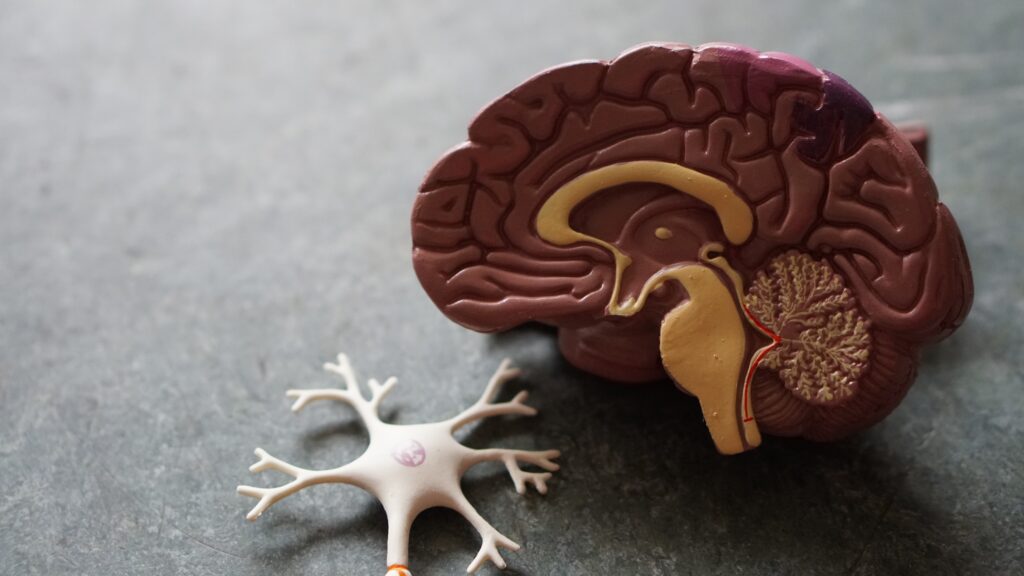Not all therapists are trauma-informed therapists. Seeing the wrong therapist when trying to work through trauma could be harmful to your recovery. When choosing a therapist who uses trauma- informed techniques in their practice, consider these ten questions to help you make an informed decision.
PTSD
EMDR: How Effective Is It?
EMDR therapy is unique in that it is both science-based and results-driven. Therapist and client work together collaboratively to reverse engineer negative thoughts & behaviors in their life, trace them back to their root, and heal those wounds where they live—in the body.
May is Mental Health Month | New Perspective Counseling
This year marks the first officially recognized Mental Health Month in the United States. The aim of this endeavor is…
Read MoreHow to Support Your Teen After A School Shooting
The recent school shooting in Oxford coupled with threatening social media posts that circulated immediately after the shooting impacted many…
Read MoreThe Use of Brainspotting in Your Healing
Whether you’ve gone to therapy before or not, you’ve likely heard of the concept of a ‘breakthrough.”’ This is…
Read MoreWhen Emotional Neglect from Childhood Impacts Your Adult Life
When you think back on your childhood, what do you remember about your emotions? Were you able to express how…
Read MoreHow to Work Through Trauma Memory Stored in the Body
We hear a lot about trauma and often associate it with soldiers who’ve been through combat and assault victims. But…
Read MoreGrief and Anticipatory Grief: What’s the Difference?
Anticipatory grief is not a commonly heard term. But it’s what we experience when we’re dealing with a pending loss—a…
Read MoreHow to Understand Trauma Triggers
It can happen out of the blue. Maybe you’re checking out at the store or meeting a friend for lunch.…
Read MoreWhat is EMDR and How Does it Help PTSD?
Finding effective treatments for post-traumatic stress disorder (PTSD) can be tough. As anyone who’s experienced it knows, PTSD is…
Read More









